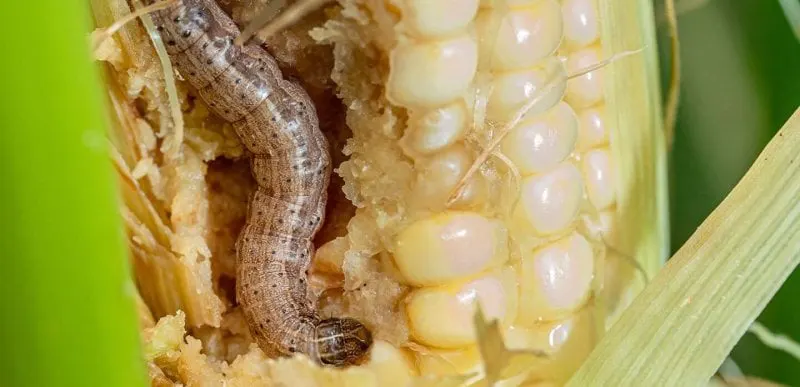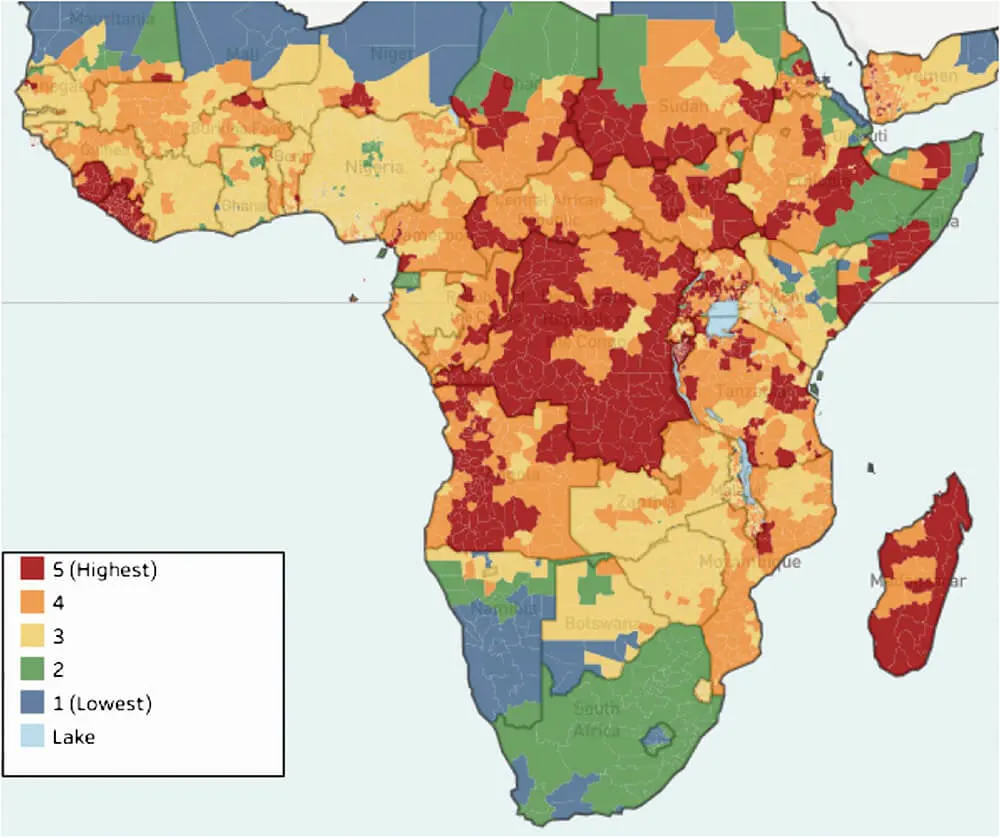Pest resistance developing to fall armyworm-fighting Bt maize prompts pest management strategies
Pest resistance developing to fall armyworm-fighting Bt maize prompts pest management strategies


Maize that is genetically engineered to contain specific toxic (to armyworms) proteins created by the bacteria Bacillus thuringiensis (Bt) has proven successful in thwarting the crop destruction by the fall armyworm in South and Central America and the United States.
However, fall armyworm populations have developed significant resistance to certain proteins expressed by Bt maize, underscoring the need to implement agricultural strategies that can boost maize yields while circumventing the effects of resistance.
Moreover, these strategies must be accessible to smallholder farmers, who often lack the resources of larger, commercial farms.
So far, only South Africa has approved the use of Bt maize on the continent—but Kenya may be the next nation to make a similar approval. As Bt maize may see more approvals and use in Africa, [Bruce] Tabashnik’s team made several recommendations, especially for smallholder farmers:
- Use Bt maize with other pest management methods, including native host plant resistance (non-genetically modified), as part of an integrated pest management (IPM) plan.
- Use Bt maize “pyramids” that produce two or more toxins (ideally, four toxins) that are individually effective against fall armyworm but together significantly reduce the likelihood of the pest developing resistance.

This is an excerpt. Read the original post here.

 | Videos | More... |

Video: Nuclear energy will destroy us? Global warming is an existential threat? Chemicals are massacring bees? Donate to the Green Industrial Complex!
 | Bees & Pollinators | More... |

GLP podcast: Science journalism is a mess. Here’s how to fix it

Mosquito massacre: Can we safely tackle malaria with a CRISPR gene drive?

Are we facing an ‘Insect Apocalypse’ caused by ‘intensive, industrial’ farming and agricultural chemicals? The media say yes; Science says ‘no’
 | Infographics | More... |

Infographic: Global regulatory and health research agencies on whether glyphosate causes cancer
 | GMO FAQs | More... |

Why is there controversy over GMO foods but not GMO drugs?

How are GMOs labeled around the world?

How does genetic engineering differ from conventional breeding?
 | GLP Profiles | More... |

Alex Jones: Right-wing conspiracy theorist stokes fear of GMOs, pesticides to sell ‘health supplements’




 Viewpoint — Fact checking MAHA mythmakers: How wellness influencers and RFK, Jr. undermine American science and health
Viewpoint — Fact checking MAHA mythmakers: How wellness influencers and RFK, Jr. undermine American science and health Viewpoint: Video — Big Solar is gobbling up productive agricultural land and hurting farmers yet providing little energy or sustainabilty gains
Viewpoint: Video — Big Solar is gobbling up productive agricultural land and hurting farmers yet providing little energy or sustainabilty gains Trust issues: What happens when therapists use ChatGPT?
Trust issues: What happens when therapists use ChatGPT? Fighting deforestation with CO2: Biotechnology breakthrough creates sustainable palm oil alternative for cosmetics
Fighting deforestation with CO2: Biotechnology breakthrough creates sustainable palm oil alternative for cosmetics California, Washington, Oregon forge immunization alliance to safeguard vaccine access against federal undermining
California, Washington, Oregon forge immunization alliance to safeguard vaccine access against federal undermining 30-year-old tomato line shows genetic resistance to devastating virus
30-year-old tomato line shows genetic resistance to devastating virus The free-range chicken dilemma: Better for birds, but with substantial costs
The free-range chicken dilemma: Better for birds, but with substantial costs ‘You have to treat the brain first’: Rethinking chronic pain with Sanjay Gupta
‘You have to treat the brain first’: Rethinking chronic pain with Sanjay Gupta
